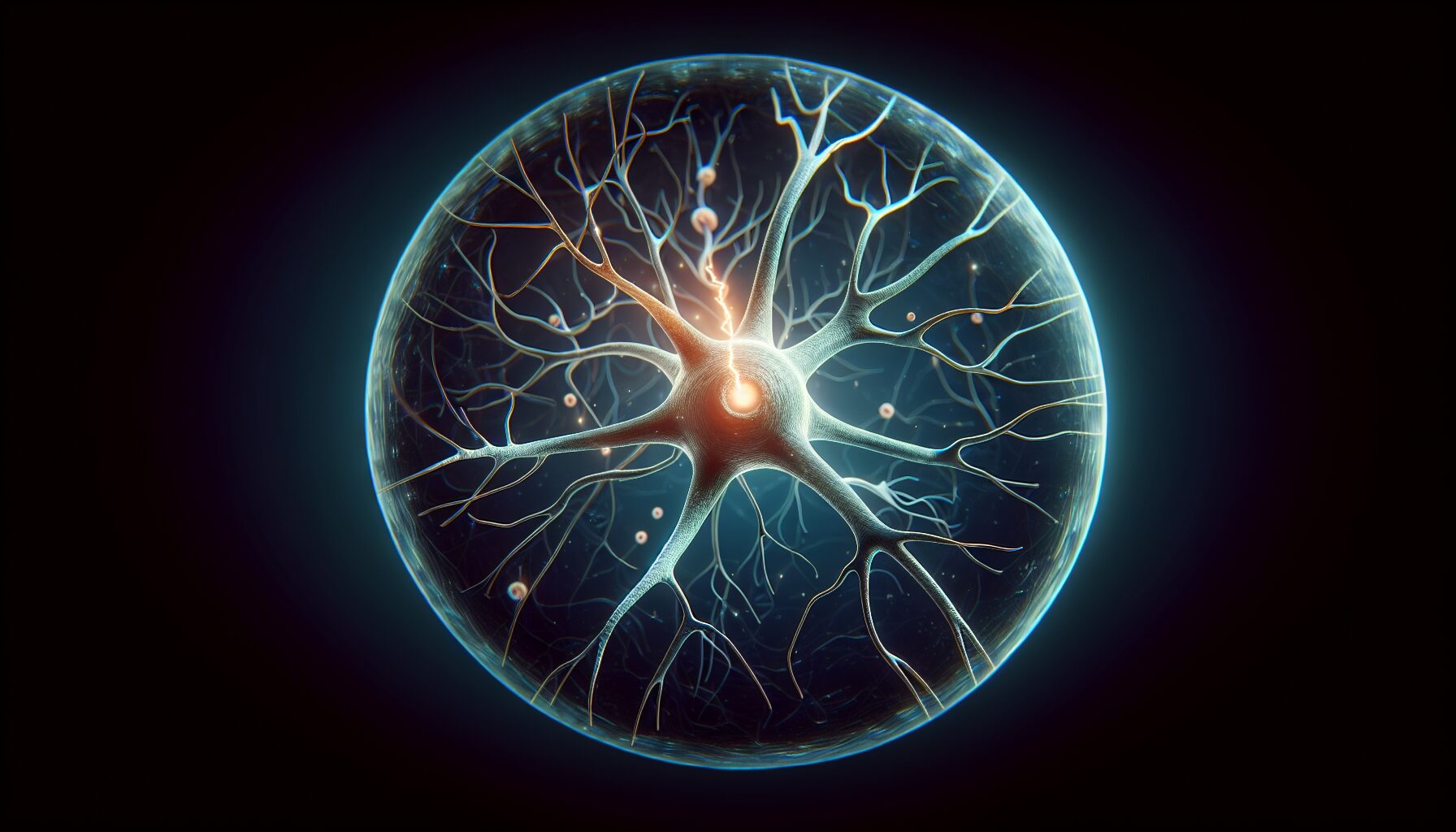
Selenium And Memory Formation Links Revealed
When it comes to optimal nutrition, especially for supporting aspects of health like memory formation, the importance of antioxidant minerals such as selenium is very much understated.
As we age, the conservation of your memory and the maintenance optimal brain functioning becomes more important. With the increased prevalence of neurodegenerative diseases such as Alzheimer’s globally, finding new means of preserving cognitive health has become of interest to research scientists. Various studies have linked the ability of antioxidants to conserve memory performance in the elderly. Some antioxidants are also thought to be able to reverse cognitive declines and memory impairment due to oxidative stress.
The antioxidant mineral selenium has been implicated before in the development of Alzheimer’s and Parkinsons disease. Selenium was first identified as being important for brain health through studies in children. It was identified that selenium status was important in the prevention of certain seizures.
This was attributed to low levels of glutathione peroxidase, an assisting enzyme involved in antioxidant reduction of radicals with the selenium rich compound reduced glutathione. Seizures were improved with supplementation with selenium. Many of the nutritional effects of selenium are due to how it is involved with the activity of the glutathione peroxidase enzyme.
One new study has revealed how important selenium is for maintaining optimal memory. This study assessed genetic predisposition to lower selenium levels in the body, as well as selenium nutrient density, noting how this effected memory. Let’s take a look at what this study found and how selenium can be so important for optimal memory and brain functioning.

How Selenium May Influence Memory And Brain Health
Selenium is a mineral antioxidant that forms an important part of the body’s antioxidant defence system. It forms selenoproteins that make the key antioxidant known as glutathione in the body. This is a very powerful antioxidant that protects the cells of your body from oxidative damage. This includes lipid peroxidation and high energy free radical induced damage to the tissues of your body. Oxidative damage can cause cancer events, where the DNA of your cells is altered, or neurological damage.
When free radicals or toxins affect nerve cells in the brain, your nerve cells face a struggle to remain active. This is where neuroprotective antioxidants, such as selenium, can play an important role in your health. They can both prevent the onset of inflammatory breakdown of nerve cells, through neuroprotection, or antioxidants can also help to reduce inflammation after this has occurred. In some cases, antioxidants such as selenium can rescue cells from more serious and long-term damage.
Plant antioxidants like anthocyanin and also extracts from Cordyceps mushrooms have been suggested to support healthy brain functioning. The clinical effects of various antioxidants on cognition are well studied. This includes plant polyphenols that could also have memory protecting or conserving effects in the body.
Selenium is also thought to regulate the balance of metals in cells and this could also support neuroprotection through toxin exclusion. Heavy metals are thought to contribute to neurodegenerative diseases. These are toxins that we are exposed to everyday our environment. Toxins such as arsenic and cadmium have been shown to be excreted by selenium, protecting the body from toxin damage. Supplemental selenium has been shown to protect cells from toxins other than heavy metals too. This would have additional consequences on protecting nerve cells and preserving memory function in the brain.

Selenium And Episodic Memory Formation
196 elderly patients showing signs of episodic memory loss were assessed for their selenium status. Certain genetic markers where patients would be predisposed to lower selenium status, giving lower antioxidant status, were also assessed. These patients were also assessed for their memory scores.
This study found that patients with lower selenium nutrient density had a higher level of loss of memory. In contrast, patients with higher selenium status had significantly better episodic memory scores. The conclusion of the study is that antioxidant status is important for maintaining optimal memory and cognitive functioning. Mineral selenium, being one of the most important antioxidants in the body, was thought to have a neuroprotection role in the body.
In addition, this study found that patients with a genetic predisposition to lower selenium status had a higher likelihood of memory loss. This supports the findings of the study and suggests that optimal nutritional status of selenium could be important in the prevention of neurodegenerative diseases.
Other Studies Linking Selenium And Memory Formation
The results of this study are supported by other studies that reveal how important strong antioxidants are for the brain and memory.
It has been previously suggested that some antioxidants are able to reverse cognitive declines from oxidative stress. In another study, selenium was identified to increase the activities of certain antioxidant enzymes within specific part of the brain. This led to an improvement of memory formation. Animal studies applying nanoselenium also found improvements in cognition and memory formation.
Selenium has been suggested to have a role in protecting and developing key neurotransmission pathways in the brain through selenoproteins. This includes key areas of the central nervous system and the dopamine pathway. It might also be involved in the regulation of calcium levels, which is important for nerve and cell signalling.
It is possible that selenium plays a big part of the antioxidative protection of nerve cells. This study adds to that body of evidence and is really important because it is a human clinical study.

Summary
The importance of selenium for optimal memory formation and optimal brain functioning is very much understated. As we age, maintaining optimal levels of antioxidants in the body may be able to protect us from developing neurodegenerative diseases. This would include the development of Alzheimer’s disease.
Antioxidants protect the cells of your body from oxidative damage, including nerve cells, providing a systemic means of long-term neuroprotection. Considering the sheer antioxidant power of selenium, maintaining optimal levels of mineral selenium might be really vital for the prevention of diseases like Alzheimer’s.
Plant antioxidants, such as anthocyanin and also extracts from Cordyceps mushrooms, are thought to be able to support healthy brain functioning. Some antioxidants are thought to be able to reverse cognitive declines. The clinical effects of various antioxidants on supporting optimal cognition are well studied.
Selenium may also be able to regulate the levels of metals in cells, which would also reduce damaging oxidative stress in nerve cells. This offers an alternative means as to how selenium has a neuroprotective function, specifically in regard to toxin exclusion.
Here we have covered the findings from one new study that assessed how selenium nutrient density effects memory formation, specifically measuring episodic memory.
Of 196 elderly patients, lower selenium nutrient density produced a higher level of loss of memory. As one of the most important antioxidants in the body, mineral selenium was thought to have a neuroprotective role in the body. This could explain these effects. Patients with a genetic predisposition to lower selenium status also had a higher likelihood of memory loss. This would support the findings of the study.
Optimal nutritional status of selenium could be very important in the prevention of neurodegenerative diseases.
For more interesting articles, navigate to the main articles page below.





